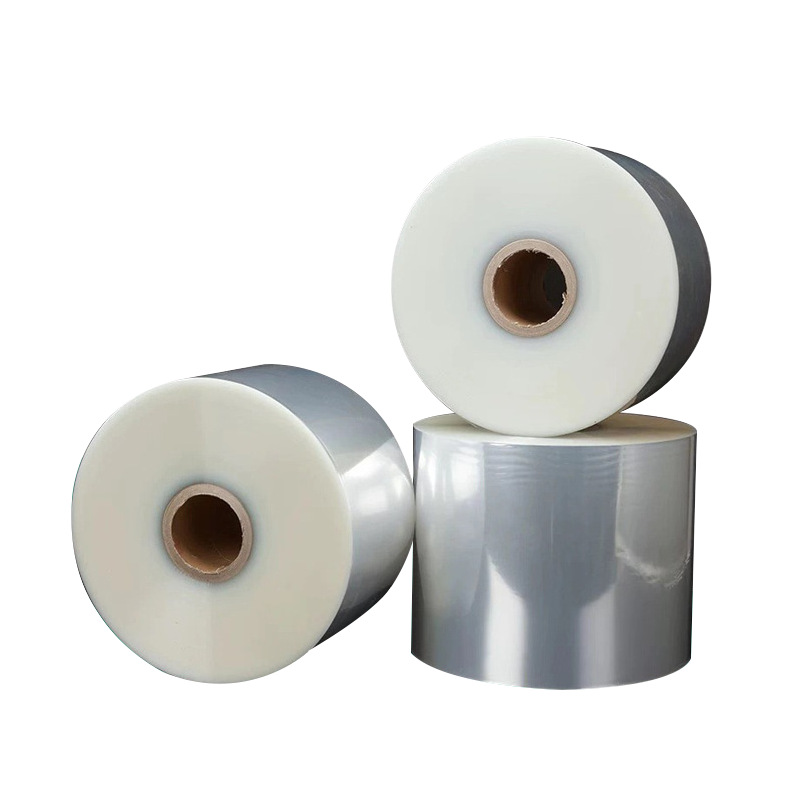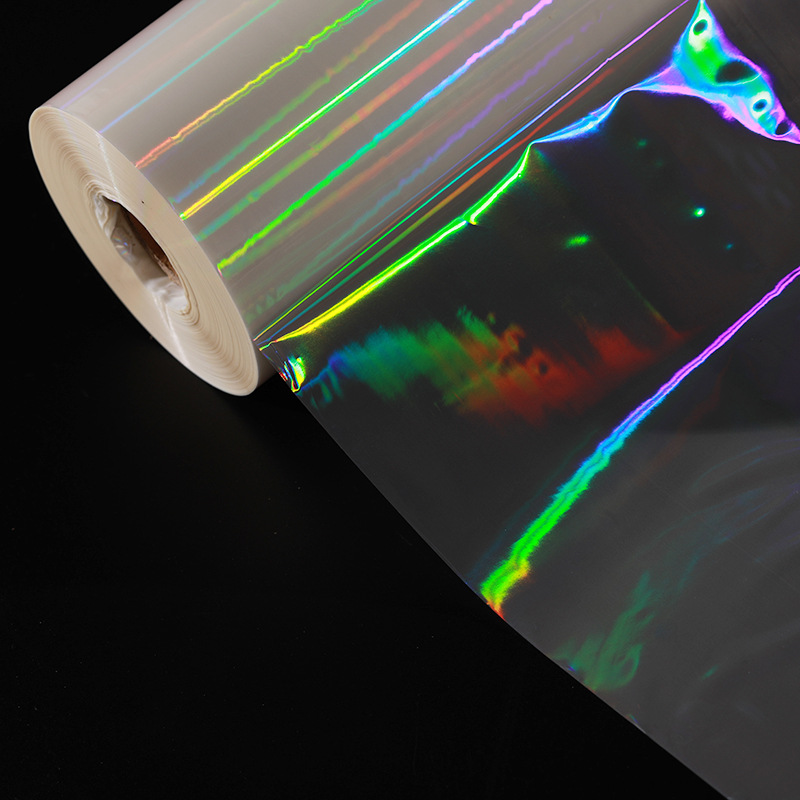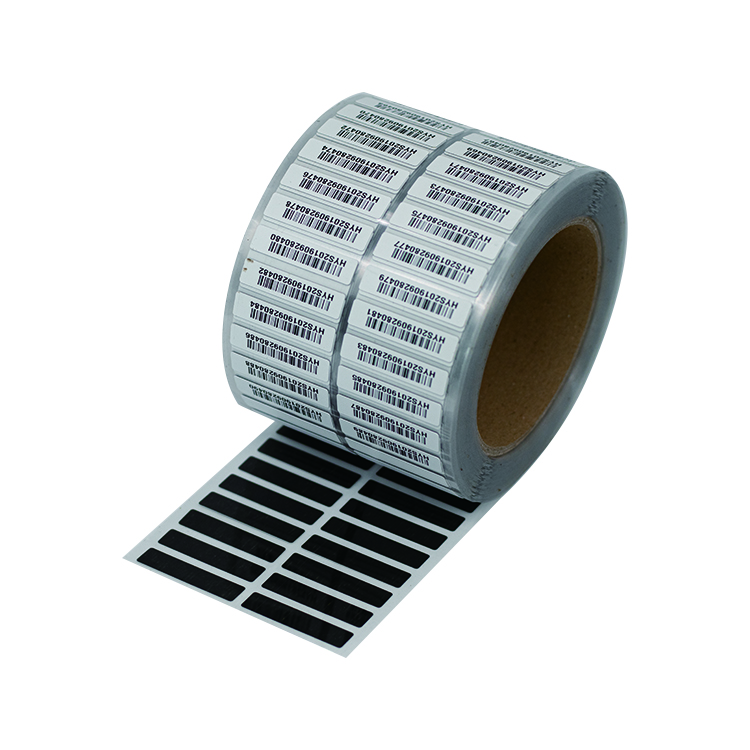The Significance of Automobile Product Labels in the Sticker Label Industry
Automobile product labels play a pivotal role in the sticker label industry, offering crucial information about various automotive components. These labels serve as a bridge between manufacturers, regulatory bodies, and consumers, ensuring compliance with safety standards and facilitating informed decision-making. In this article, we will delve into the intricacies of automobile product labels, their key components, and their impact on the sticker label industry.
1. Regulatory Compliance and Standardization
One of the primary functions of automobile product labels is to ensure compliance with industry-specific regulations and standards. These labels are meticulously designed to provide essential information regarding a product's specifications, usage guidelines, and safety precautions. This adherence to regulatory compliance not only guarantees the quality and safety of automotive components but also fosters trust between manufacturers and consumers.
2. Key Components of an Automobile Product Label
2.1. Product Identification
The product identification section of an automobile label encompasses details such as the part number, serial number, and manufacturing date. This information is crucial for tracking and traceability purposes, enabling efficient inventory management and quality control processes.
2.2. Technical Specifications
Technical specifications provide in-depth information about the product's dimensions, material composition, and performance characteristics. This section assists technicians and end-users in selecting the right components for specific automotive applications, thereby ensuring optimal functionality.
2.3. Safety Instructions and Warnings
Safety instructions and warnings are paramount in preventing accidents or mishandling of automotive components. Clear and concise directives on proper installation, maintenance, and usage mitigate potential risks, enhancing overall safety for both technicians and end-users.
2.4. Environmental Impact and Compliance
In today's environmentally conscious landscape, automobile product labels also incorporate information regarding the product's environmental impact. This includes details on recyclability, disposal guidelines, and compliance with eco-friendly standards, aligning with global efforts towards sustainable manufacturing practices.
3. Technological Advancements in Label Production
3.1. Digital Printing Technologies
Advancements in digital printing technologies have revolutionized the sticker label industry. High-resolution graphics, intricate details, and variable data printing capabilities enable manufacturers to produce labels with unparalleled precision and customization. This not only enhances aesthetic appeal but also allows for the incorporation of QR codes and RFID tags for enhanced traceability.
3.2. Smart Labels and IoT Integration
The integration of Internet of Things (IoT) technology with automobile product labels has opened up new avenues for functionality and connectivity. Smart labels equipped with sensors can relay real-time information about a product's condition, usage, and performance, enabling proactive maintenance and facilitating seamless integration within the broader automotive ecosystem.
4. Quality Assurance and Durability
Automobile product labels must withstand harsh environmental conditions, including exposure to extreme temperatures, moisture, and chemicals. Utilizing durable materials and robust adhesives is imperative to ensure that the label remains intact and legible throughout the product's lifespan, thereby upholding safety and compliance standards.
5. Consumer Empowerment and Informed Decision-Making
Empowering consumers with accurate and comprehensible information is a cornerstone of the sticker label industry. Automobile product labels serve as a conduit of knowledge, enabling consumers to make informed decisions about the components they choose for their vehicles. This transparency cultivates trust and confidence in the manufacturer's commitment to quality and safety.
Conclusion
Automobile product labels are more than just informational tags; they are a testament to the sticker label industry's dedication to precision, compliance, and consumer empowerment. As technology continues to advance, we can expect further innovations in label production and integration, ushering in a new era of efficiency and connectivity within the automotive landscape.
We offer comprehensive technical support, including free professional labeling solutions, advice on label materials and adhesive selection, as well as online/offline assistance from professional software and hardware engineers. Service email: andy@ownlikes.cn. In pre-sales, we leverage our extensive experience in specialty labeling projects to provide clients with the most suitable hardware solutions. Additionally, all our label barcode printers and scanners come with a three-year free warranty, demonstrating our confidence in our products.






This site is protected by reCAPTCHA and the Google Privacy Policy and Terms of Service apply.